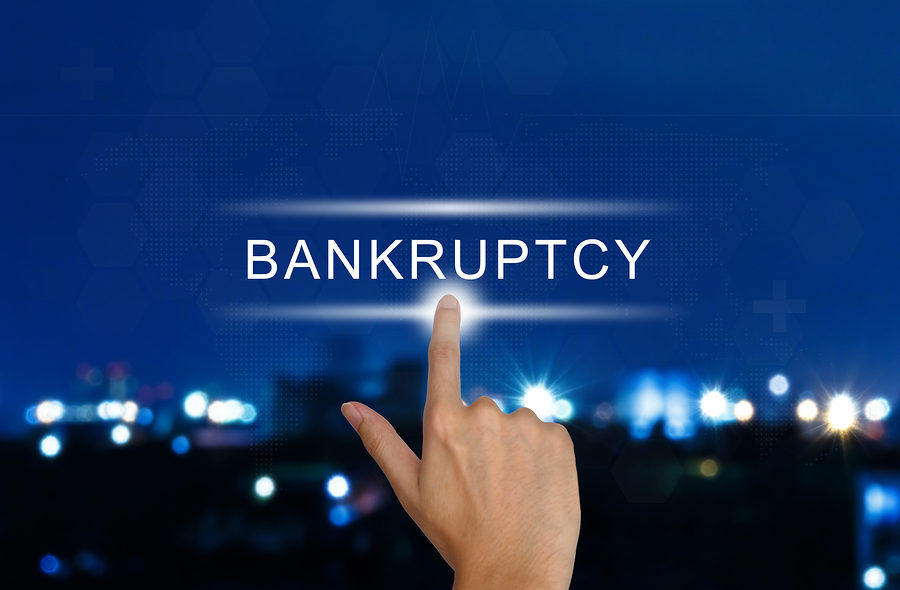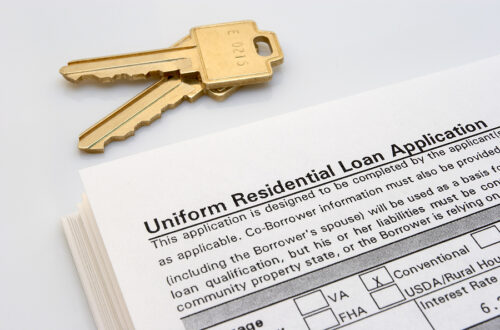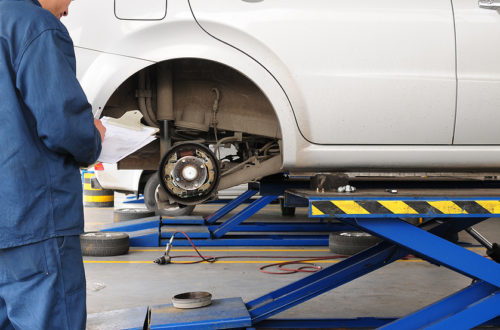Making the decision to file for bankruptcy is never an easy one. Many individuals hold off on filing for fear of what it will do to their credit or worse, fear of the unknown. For many consumers, taking that first step and initiating a bankruptcy case can be the best option for them. The key is deciding when to take that step.
The longer a person stays in debt, struggling to pay bills, defaulting on liabililities, the worse the financial damage will be. Not to mention the emotional toll it takes. By not taking action, a person can risk being sued by thier creditors or having their wages garnished. Credit card companies, creditors and even the IRS can take legal action to garnish your wages to pay off outstanding debt.
Ironically, many individuals do not file for bankruptcy, believing that it will hurt their credit score or overall financial situation. While filing for bankruptcy does trigger a decrease in the consumer’s credit score, the damage done is less than what would occur if the individual continued defaulting and struggling with thier debt. Most consumers are able to recover fairly quickly after a successful bankruptcy discharge, whereas it can take much longer to recover from defaults or collections on the individual’s credit report.
One factor that plays a part in determining when to file for bankruptcy has to do with the type of debts the consumer finds himself or herself struggling to pay. Consumer bankruptcy cases normally free the individual from unsecured debts, such as credit cards, personal loans, and medical debt. If the majority of the consumer’s debts fall into these categories, and he or she he or she has defaulted, or is only able to make the minimum payments owed on these debts, it may be time to consider bankruptcy to eliminate these debts.
Many consumers also find that it is time to file for bankruptcy when they are in multiple collection actions. It is not uncommon for filers to have at least one account that is 120 days overdue. The longer the person stays in collections, the worse their financial situation will become and the more likely it is that even more accounts will fall into collections. By filing for bankruptcy, the consumer can take advantage of the “automatic stay,” which puts an immediate halt to all collection efforts, including pending lawsuits and wage garnishments. Once the case is finalized, if the debt that is the subject of this collection action is discharged, the collection lawsuit will be also eliminated.
If the consumer finds himself or herself digging a hole deeper into debt, spending more money on paying debts than he or she is bringing in, it is also likely time to consider filing for bankruptcy. Not only does delaying prolong the damage to a person’s credit score, it can also result in the person using their retirement savings to pay off debt. This is a mistake, as retirement accounts are protected in bankruptcy.
If you have questions on this topic or are in financial crisis and considering filing for bankruptcy, contact an experienced Miami bankruptcy attorney who can advise you of all of your options. As an experienced CPA as well as a proven bankruptcy lawyer, Timothy Kingcade knows how to help clients take full advantage of the bankruptcy laws to protect their assets and get successful results. Since 1996 Kingcade Garcia McMaken has been helping people from all walks of life build a better tomorrow. Our attorneys’ help thousands of people every year take advantage of their rights under bankruptcy protection to restart, rebuild and recover. The day you hire our firm, we will contact your creditors to stop the harassment. You can also find useful consumer information on the Kingcade Garcia McMaken website at www.miamibankruptcy.com.



